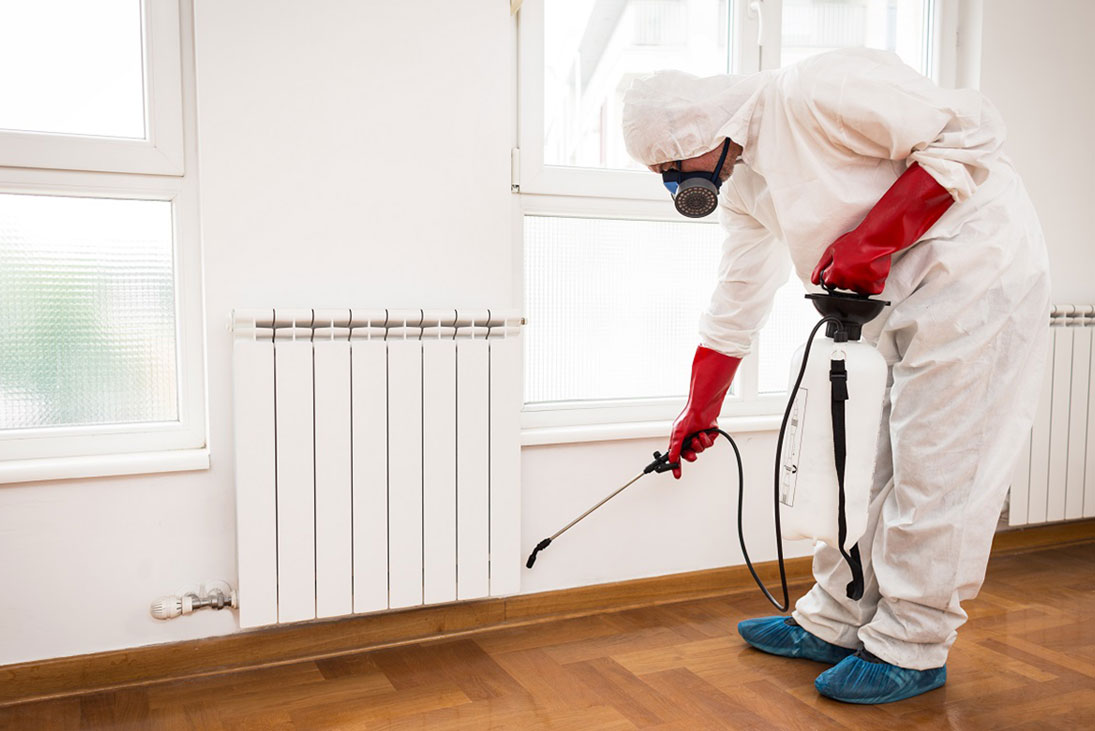 You’re probably well acquainted with working on your couch in your boxers by now. The true blessing of the pandemic. We’re all stuck at home and we have to take care of business the only way we can, right?
You’re probably well acquainted with working on your couch in your boxers by now. The true blessing of the pandemic. We’re all stuck at home and we have to take care of business the only way we can, right?
Well, among the hideous downsides that have come with this global phenomenon is the increase in common household pests. Can’t have pestilence without the pests, right? Higher than usual numbers of rats, termites, bed bugs, and cockroaches have been reported in major cities, and this demands action.
Buildings can be a natural harbourage for pests to shelter and breed. The exodus from the world’s CBDs to the new working-from-home normal has seen the perfect conditions for bugs of the cities to rise up and take the warehouses, offices, and residences as their own once again.
An action plan for pest control is needed to face the increased challenges of the coronavirus lockdown. Like it or not, pests are part of the same ecosystem as us, and when one system undergoes a dramatic change, there are always knock-on effects.
The increase in food storage and panty preparations most households are enacting to survive a potentially long time between trips to the store also comes with an increase in food storage attacks from nasties like rats and weevils. These include cereal products, seeds, nuts, dried fruit, spices, powdered milk, tea, and preserved meats. They’re more likely to infest products that have been opened, but they can also get into many types of packaging.
Controlling roaches, flies and other insects is an integral part of maintaining the hygiene of any home or workspace. The best practice for good hygiene is prevention, which means preventing any rodents or insects from potentially spreading germs around your environment.
